As verification continues to be a key ingredient in successful design implementation, new approaches have been tried to balance cost, time to results and comprehensive analysis in designs that require large patterns in some application like Image Processing. Simulation environments are well proven, and designers tend to … Read More
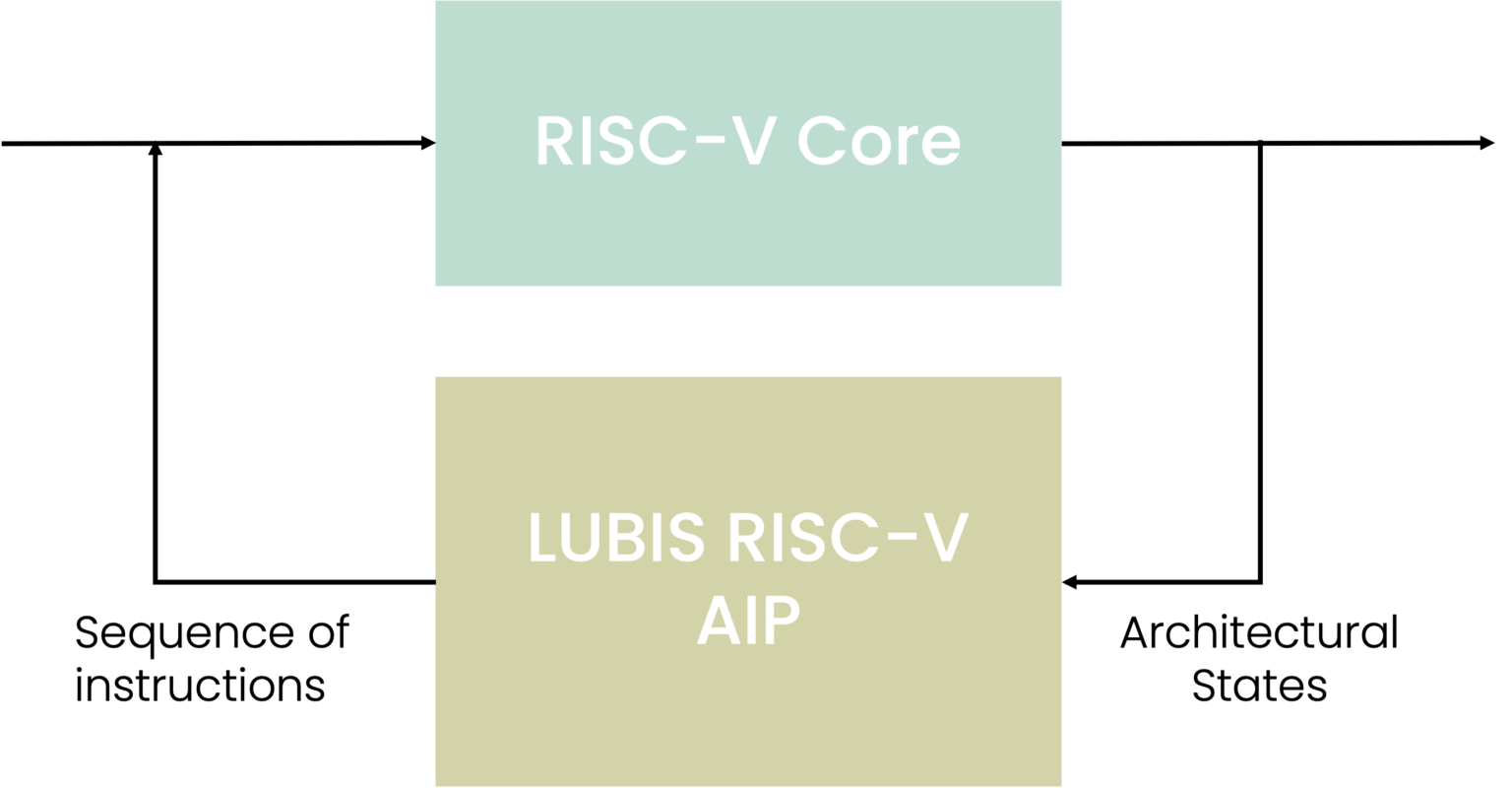 LUBIS EDA: Addressing the Verification Bottleneck in Modern Chip DesignLUBIS EDA is a Germany-based EDA company that…Read More
LUBIS EDA: Addressing the Verification Bottleneck in Modern Chip DesignLUBIS EDA is a Germany-based EDA company that…Read More Smarter IC Layout Parasitic AnalysisIC layout parasitics dominate the performance of custom…Read More
Smarter IC Layout Parasitic AnalysisIC layout parasitics dominate the performance of custom…Read More Ceva IP: Powering the Era of Physical AIArtificial intelligence is rapidly moving beyond the digital…Read More
Ceva IP: Powering the Era of Physical AIArtificial intelligence is rapidly moving beyond the digital…Read MoreStress and Aging
These failings aren’t just a cross we humans bear; they’re also a concern for chips, particularly in electrical over-stress (EOS) and aging of the circuitry. Such concerns are not new, but they are taking on new urgency given the high reliability and long lifetime expectations we have for safety-critical components in cars and… Read More
Mentor Leads Emulation Innovation
Publishing eBooks on FPGA Prototyping and Emulation really was an eye opener for me as a long time EDA and IP professional. Both markets are considered EDA in the traditional sense but they are very much in the systems business with a lot of IP. Both markets are also growing very rapidly and operate side-by-side with complimentary… Read More
A New Problem for High-Performance Mobile
About 6 months ago, ANSYS was approached by a couple of leading mobile platform vendors/suppliers with a challenging problem. These companies were hitting target 2.5GHz performance goals on their (N10 or N7) application processors, but getting about 10% lower yield than expected, which they attributed to performance failures.… Read More
Safety Critical Applications Require Onboard Aging Monitoring
When it comes to safety, ISO 26262 is the spec that comes to mind for many people. However, there are layers of specifications that enable the level of safety required for automotive and other systems that need high reliability. For any application requiring safety, test is a critical element. A key spec for SOC test is IEEE 1500, … Read More
Combining IP and Product Lifecycle Tools
No single EDA company provides all of the tools needed to define requirements, design exploration, track IP, simulate, manage and verify a complex SoC system, so it makes sense that EDA vendors and point tool companies have tools that work together to achieve all of these difficult tasks. Systems design has been around for decades… Read More
Functional Safety Methodologies for Automotive Applications
During Q&A session at San Jose GTC 2018, nVidia CEO Jen-Hsun Huang reiterated that critical functional safety, such as in autonomous vehicle, requires both the redundancy and the diversity aspects. For example, CUDA with Tensor core and GPU with DLA were both utilized. Safety is paramount to automotive applications. Any… Read More
Tutorial on Advanced Formal: NVIDIA and Qualcomm
I recently posted a blog on the first half of a tutorial Synopsys hosted at DVCon (2018). This blog covers the second half of that 3½ hour event (so you can see why I didn’t jam it all into one blog :D. The general theme was on advanced use models, the first half covering use of invariants and induction and views from a Samsung expert on efficient… Read More
Schematic porting – the key to analog design reuse
At the beginning of every project the one of the first questions that ought to be asked is whether there blocks from previous designs that can be reused. On the surface this seems pretty obvious. The wrinkle in this is that reusability varies a lot based on the design type and the effort that a team is willing to expend to bring a design… Read More
FPGA Prototyping Speeds Design Realization for the Internet of Things
When we talk about the Internet of Things (IoT), it isn’t a stretch to say that every intelligent device we interact with will become connected, sharing vast amounts of data with one another to make our lives more efficient. It isn’t only consumers of smart home, infotainment, and wearable technologies that are driving the demand,… Read More



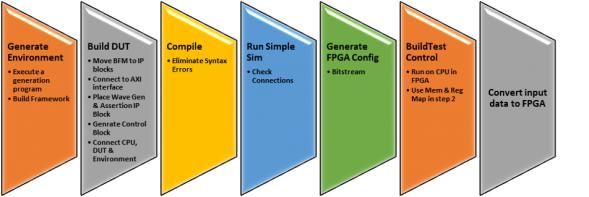


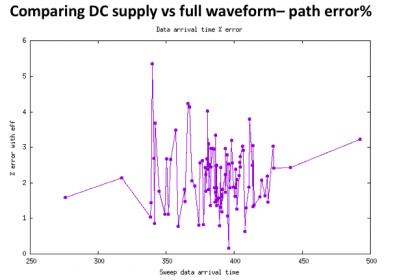
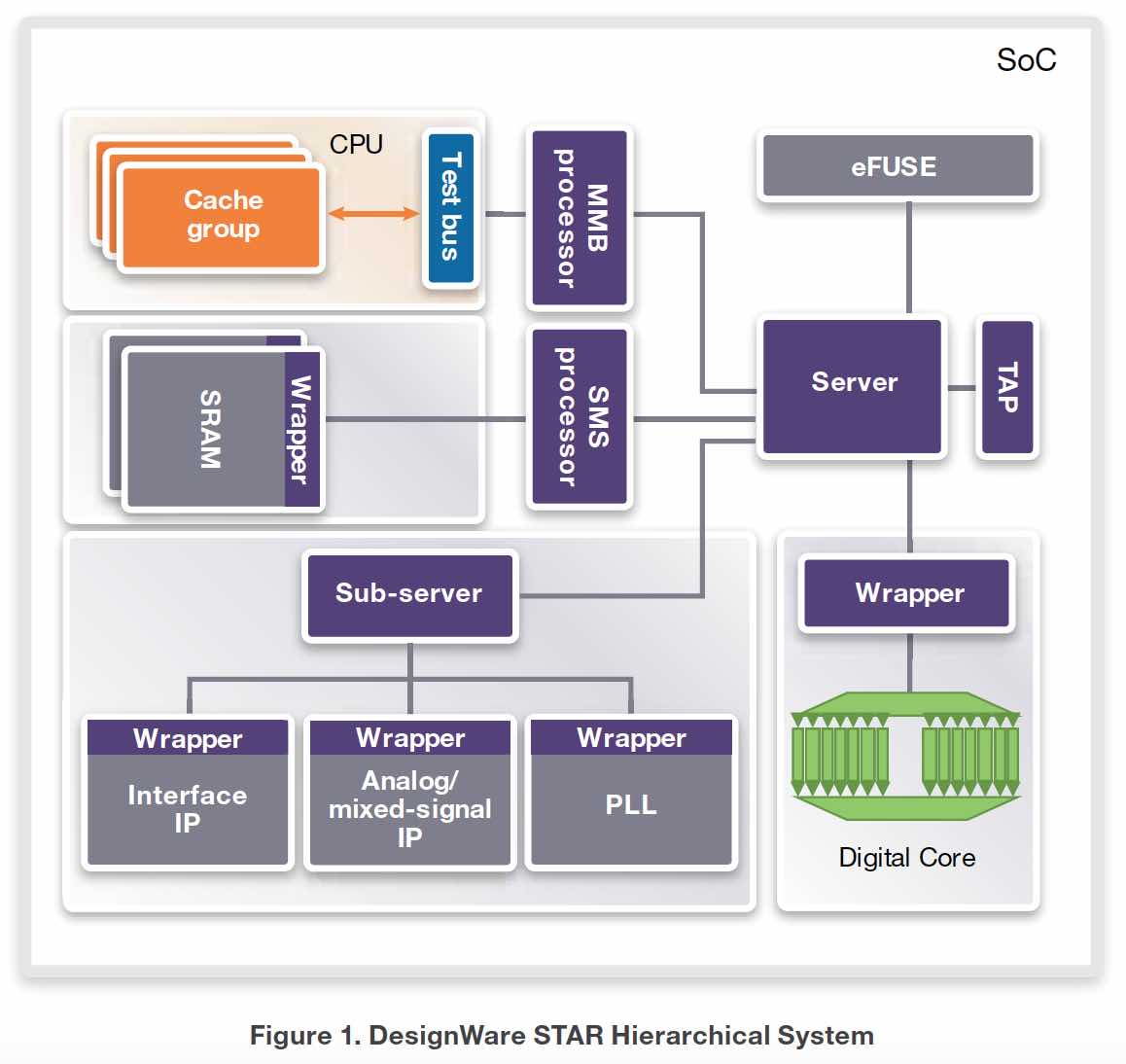
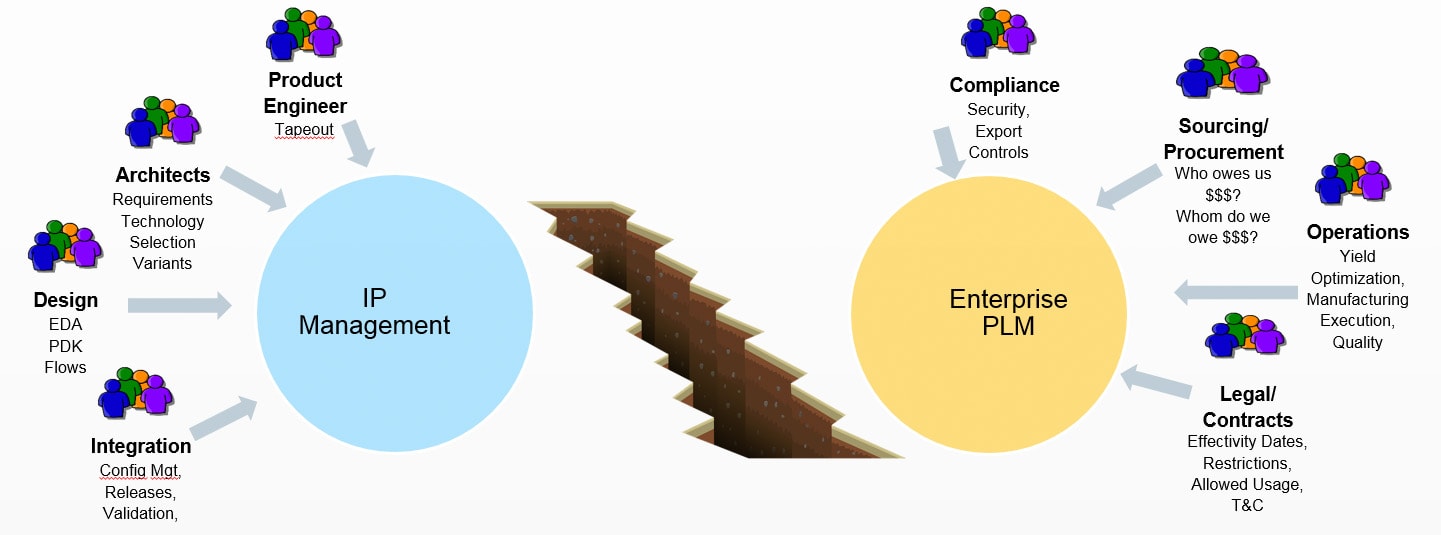


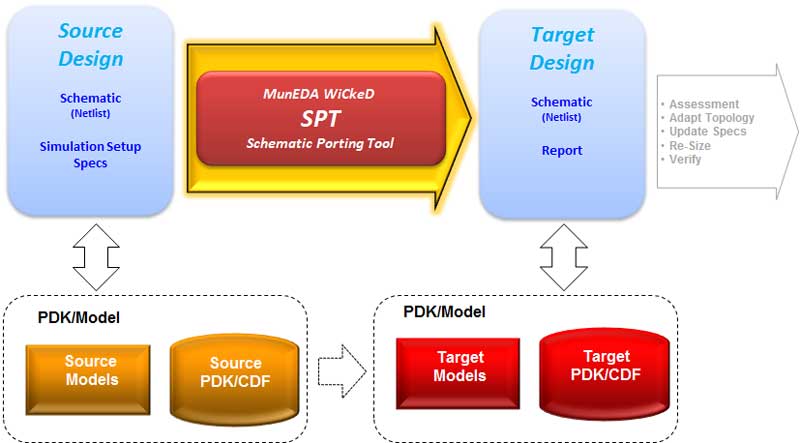

A Century of Miracles: From the FET’s Inception to the Horizons Ahead